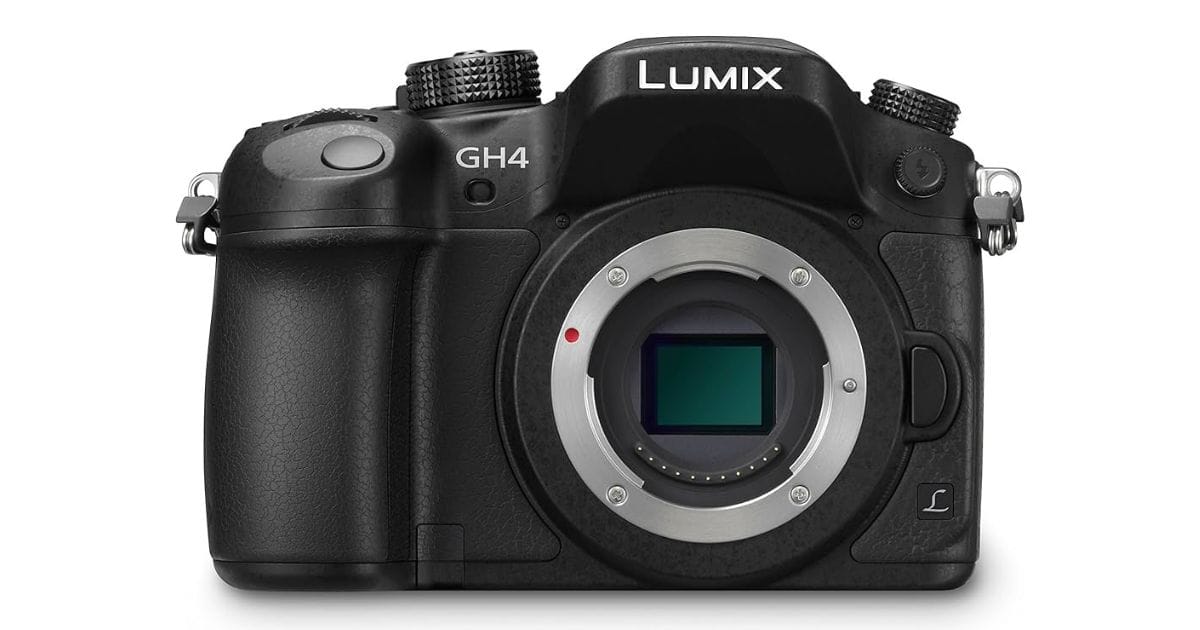Is IBIS (In-Body Image Stabilization) Camera Worth It?
This article assesses the pros and cons of In-Body Image Stabilization (IBIS) in cameras for photographers and videographers.

In the ever-evolving world of photography, In-Body Image Stabilization (IBIS) has emerged as a groundbreaking feature in modern cameras. But the question arises – is this technology truly a game-changer for photographers? This article delves into the mechanics of IBIS, evaluates its benefits and limitations, and provides insights to help photographers decide if an IBIS-equipped camera is a worthy investment.
Understanding IBIS
IBIS is a technology that stabilizes the camera sensor itself to compensate for hand movements, thus reducing blurring in photos and videos. Unlike lens-based stabilization systems, IBIS works with any attached lens, providing a versatile solution to image stabilization.
Advantages of IBIS
- Versatility: IBIS is effective with any lens, including older or manual lenses that lack built-in stabilization.
- Enhanced Low-Light Performance: It enables slower shutter speeds without motion blur, making it invaluable for low-light situations.
- Video Stabilization: For videographers, IBIS ensures smoother footage, particularly when shooting handheld.
- Compactness and Convenience: With IBIS, there's less need for carrying tripods or multiple stabilized lenses.
Potential Limitations
- Cost: Cameras with IBIS are often more expensive.
- Effectiveness Limits: While IBIS significantly reduces camera shake, it's not a substitute for good shooting practices or a tripod in certain scenarios.
- Battery Life: Stabilization can drain battery life more rapidly.
- Weight and Size: IBIS mechanisms can add to the camera's weight and size.
Is IBIS Worth It?
The answer largely depends on the photographer’s needs. For those shooting in dynamic conditions, like street or wildlife photography, or working extensively in low light, the benefits of IBIS are substantial. However, for studio photographers or those primarily using a tripod, the added cost and weight might not justify the benefits.
In-Body Image Stabilization is a significant advancement in camera technology, offering unparalleled flexibility and enhanced performance in many shooting conditions. While it's not a one-size-fits-all solution, its advantages make it a feature worth considering for photographers looking to expand their capabilities.




